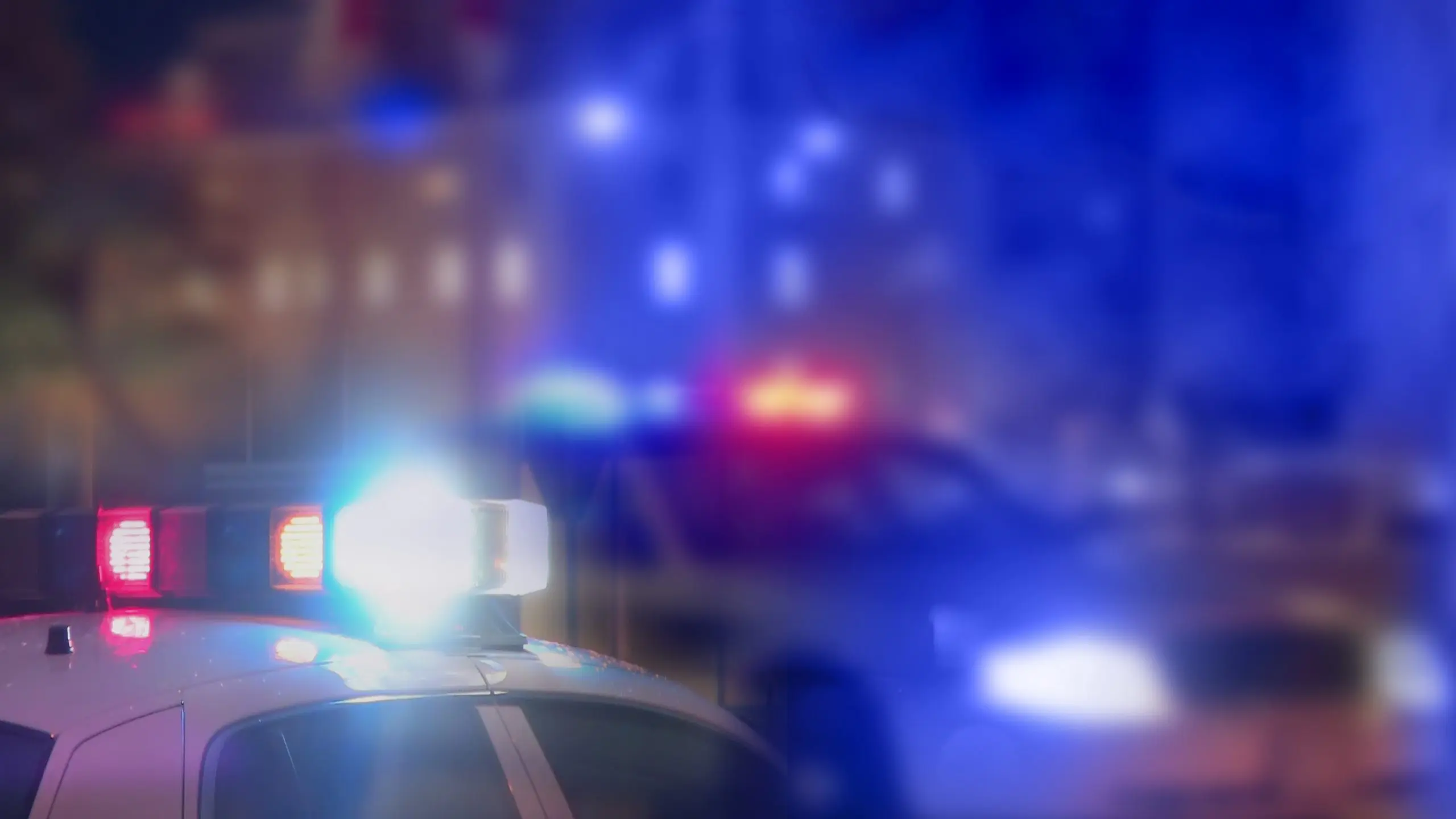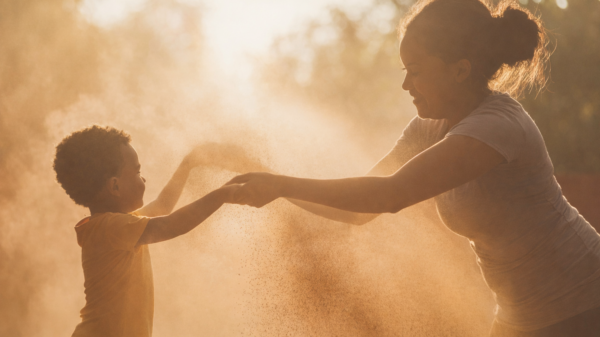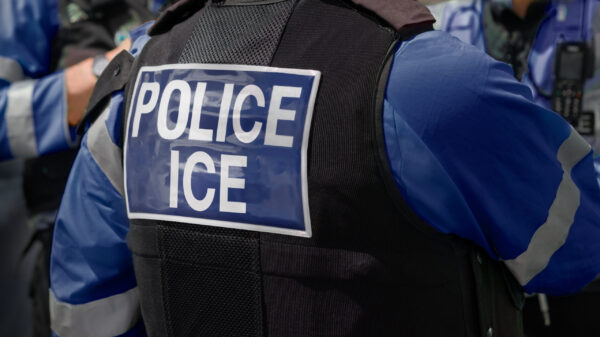When it comes to violence prevention, two elements are essential: data and perception. Data gives us measurable facts—rates of shootings, assaults, and other violent acts. But perception reveals how people feel about where they live, and those feelings matter. Even if crime is statistically down, if people still feel unsafe or hopeless, that’s a deeper issue we can’t ignore.
We need updated, accurate data to track progress and identify gaps. Transparency builds trust—and trust fuels engagement.
But data alone isn’t enough. The reality people face is shaped by lived experience and the legacy of broken systems. Do people see beauty and value in where they come from—or have they absorbed the negative stories told about their communities.
I grew up in Chicago. I know the realities of violence and how deeply it impacts families. Chicago carries a reputation—sometimes earned, sometimes misunderstood, and too often sensationalized. But those perceptions often lack context and miss the full story. I love my city. Though I now live in Montgomery, AL, Chicago remains my home away from home. There’s strength, joy, and resilience on every block.
We should ask Montgomery’s youth: Do youth feel pride in this city? If not, what can we do to change that? Restoring pride and connection is part of healing.
Violence prevention isn’t just about data or funding—it’s about presence. Too often, it becomes political, while the real needs on the ground are overlooked. Policy and funding matter, but we must stay grounded in the daily work of building trust, safety, and opportunity.
For me, this work is both personal and spiritual. My faith guides me—Philippians 2:8 calls me to serve with humility and love, while Proverbs 18:1 reminds me that healing happens in community, not isolation. Faith without action is incomplete—and this is where mine comes alive.
Yes, funding and policy matter. But real change comes from collective commitment. The TOGETHER WE RISE Initiative reflects that—it’s a homegrown, long-term investment in people, not a quick fix. It’s about addressing the gaps in our systems through relationship, presence, and purpose.
The Criminal Justice and Public Safety System
Public safety is essential—especially in the summer when families gather in parks and shared spaces. But trust in emergency response is declining. Across the country, 911 centers are facing staffing shortages, with vacancy rates averaging 25%—some as high as 83%. Smaller cities feel the strain more, with slower response times and fewer resources. This isn’t just a local issue—
it’s a national crisis that calls for smarter investments. This is about restoring public trust, not playing politics.
We don’t need to be soft on crime—but we must be smart about how we prevent it, respond to it, and support reentry. Justice should be firm, and fair built on accountability and opportunity. Every person, in every zip code, deserves to feel safe and valued.
Our Schools
Across Montgomery, all schools—public, private, and charter—play a key role in shaping our youth. While graduation and college readiness are improving, chronic absenteeism and disengagement remain major challenges. Truancy is often the first sign a student is slipping through the cracks.
We need better tools to identify high-risk students early—and the courage to act. Just as important, we must listen to those closest to the issue—teachers, staff, families, and students—to understand why kids aren’t showing up. Our schools should be safe havens and launchpads—not just for learning, but for healing, belonging, and growth.
Our Businesses
Violence affects more than public safety—it disrupts jobs, commerce, and neighborhood stability. When businesses close or scale back due to theft, damage, or fear, the whole city feels it. Customers stay away, growth stalls, and opportunity fades. A strong business sector is essential to a healthy city—it brings jobs, services, and vibrancy.
But we must also be mindful of the kinds of businesses we welcome. Not all revenue is worth the cost if it harms community well-being. Economic growth should never come at the expense of dignity—especially in communities that have already carried too much.
Our Parents
Parents are the foundation of youth development. But many feel overwhelmed or unsupported. The TOGETHER WE RISE initiative must do more than invite parents in; it must equip them with real tools and resources. When parents are strong, youth thrive. And when families are whole, communities begin to heal.
Our Faith Community
Too often, faith work stays confined to Sunday mornings, while violence, poverty, and trauma unfold daily. Years of absence from our communities have left deep gaps—places where hope should live. Somewhere along the way, we mistook charity for transformation.
We’ve called outreach a ride to VBS or a box of groceries—well-meaning acts that soothe symptoms but don’t heal the root. Treating generational wounds with temporary relief is like offering cough syrup for pneumonia. It may comfort, but it doesn’t cure. In avoiding hard truths, we’ve also avoided accountability—for both harms caused, and opportunities missed. And let’s be honest: leaders hurt too. And hurt people hurt people.
When things get hard, we retreat—pointing fingers instead of taking collective ownership. But healing starts with repentance. It begins in us, so God’s love can flow through us. The Kingdom of God has always moved with strategy and intention. The real question is: are we moving with it?
To love God’s people is to feel their pain and let it move us to action. If that doesn’t shake us to change—something is broken. God is calling us, just as He called Gideon—with clear, strategic direction for victory. But it requires obedience, urgency, and courage. There is nothing new under the sun, only new levels of responsibility.
It shouldn’t take 40 years to realize we’re called to show up. Some battles have already been lost to our silence. But the war is already won. There is still time to redeem the Church’s witness—not with words, but with presence.
As Jesus said:
“You are the salt of the earth… You are the light of the world. Let your light shine before others, that they may see your good deeds and glorify your Father in heaven.” (Matthew 5:13–16)
Let’s rise to this moment—not as spectators, but as servants.
Youth Leadership
Young people must be at the center—not just because they are the future, but because they are directly impacted by violence. They bring insight, passion, and lived experience that must inform our approach. Without space for their leadership, our strategies will fall short.
Domestic Violence
Domestic violence cuts across all communities—rich or poor—and often intensifies during the summer. It isn’t always physical; it can be emotional, financial, or psychological, and is often hidden behind status or silence. If we want safer communities, we must support all victims and hold all abusers accountable. We can’t expect youth to live with integrity if we ignore abuse in our own homes. Prevention begins with consistency and courage.
Healing and Conversation
True healing doesn’t happen through screens or online debates—it happens face-to-face, in spaces built on trust. Violence leaves deep wounds, and without care, support, and mental health resources, the cycle continues. Prevention is heart work. It takes real relationships, patience, and honest conversations.
To the Negativity
I’m new to this city and genuinely want to learn, listen, and grow with the community. I believe everyone has something valuable to share, and I welcome respectful voices that seek understanding over division. Strong opinions—political, social, or religious—can create conflict, but we can choose a better way. Let’s lead with kindness, compassion, and the grace Christ calls us to show one another.
Call to Action
Violence prevention isn’t just a job—it reflects what we believe about one another. It calls us to look past the headlines and into the heart of our neighborhoods. It asks us to listen more deeply, show up more consistently, and care more intentionally. Whether in Chicago, Montgomery, or any city like them, the path to healing isn’t perfect—but it must be personal. Because this work isn’t only about reducing harm—it’s about restoring hope.
To our young people: Don’t give up on this city. Your voice, your ideas, your love for this place matter. You have the power to lead with both purpose and heart. We’re listening.
Let’s stop talking about change and start living it. Let’s build. Let’s heal. Let’s rise—TOGETHER WE RISE.


















































